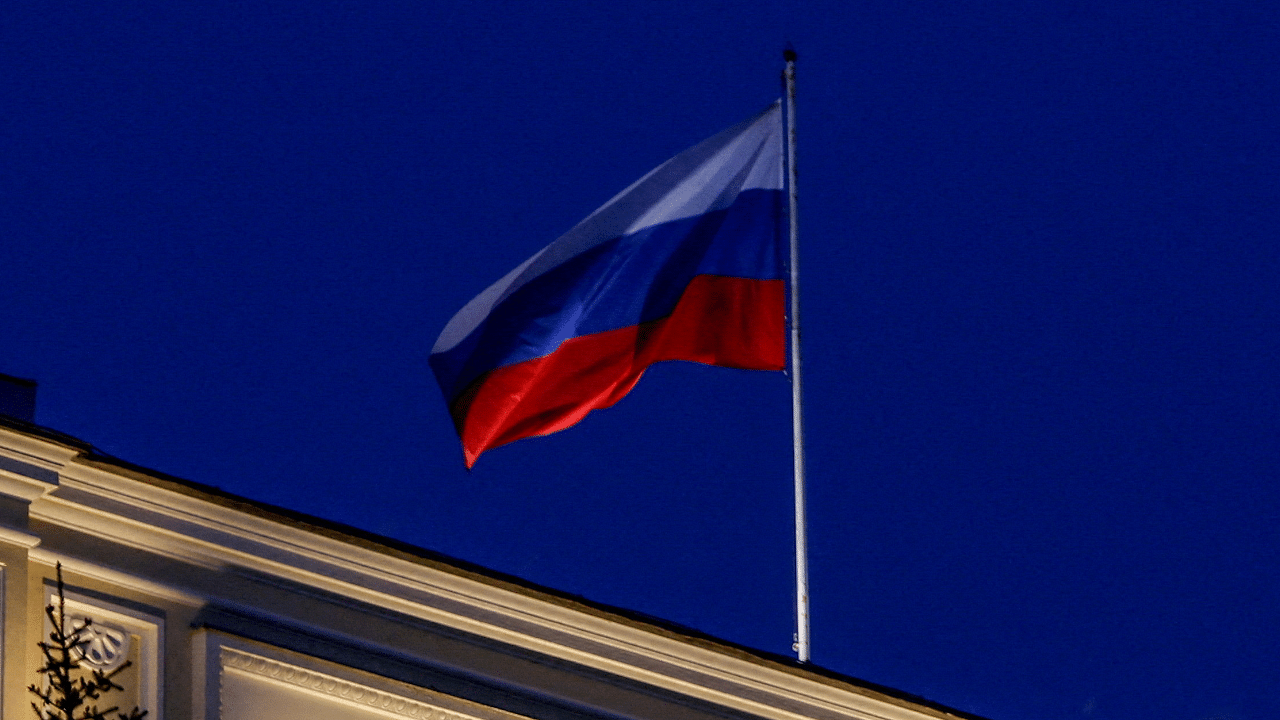
The Kremlin on Friday said Russia will skip the annual global Earth Hour event this weekend after the World Wildlife Fund (WWF) was labelled a "foreign agent" by Moscow.
The move comes as Russia cracks down on most foreign-linked groups since its offensive in Ukraine, including climate-orientated organisations.
Earth Hour, which WWF organises, encourages people worldwide to turn their lights off for 60 minutes to raise awareness about environmental issues.
Russia has taken part in the event, which is scheduled this Saturday, for 14 years.
"This year, we took the decision to hold back from this event," Kremlin spokesman Dmitry Peskov told reporters Friday.
"It is because they have become a foreign agent."
The Russian justice ministry included the WWF's Russia branch on its list of foreign agents earlier this month.
The global environmental advocacy group has worked in Russia since 1994. The foreign agent label has Soviet-era connotations and has been widely used against Kremlin critics.
Before the Kremlin's announcement, WWF in Russia said on its website that Earth Hour will only take place online this year because of its new status.
The organisation said it will legally challenge the foreign agent decision.
But it also urged caution asking supporters not to use the WWF symbol "as we are worried about our partners and colleagues."
More than 60 environmental groups have signed a petition to President Vladimir Putin this month, calling on him to reverse the WWF foreign agent designation.
They said the organisation is "apolitical" and has "successfully" worked on its mission to protect the Russian environment since the 1990s.
"We are convinced that this decision will have a negative impact on the preservation of the unique nature of our country and believe it should be reversed," they added.
Putin was for much of his long presidency a climate-change sceptic but in recent years has made a U-turn on the issues, calling on Russia to adapt to a changing climate.
Russia has been badly affected by climate change, with permafrost in its northern regions warming and Siberia's forests hit by massive fires every summer.